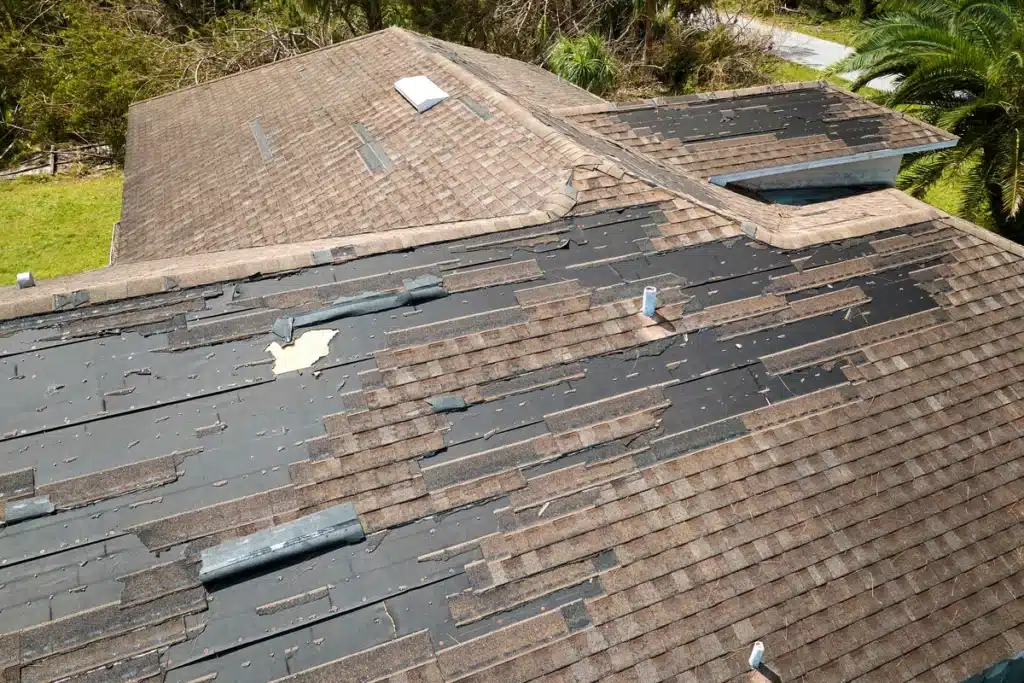What Are the Time Limitations for Filing a Roof Damage Claim?
When it comes to filing a claim for roof damage, time is a critical factor that policyholders must be aware of. Insurance companies have specific deadlines for when a claim can be initiated after the damage has occurred.
These periods can vary depending on the insurance policy, the type of insurance company, and the state laws that govern insurance practices. Understanding these time limitations is essential for homeowners to ensure they maintain their eligibility for insurance coverage in the event of roof damage.
Filing a claim within the designated time frame allows homeowners to recover the costs associated with roof repair or replacement. Typically, insurers require that claims be reported promptly — often within a year of the incident.
However, there are cases where this period may be shorter or extended based on the circumstances of the damage and the terms outlined in the insurance contract. Each claim is subject to scrutiny, and insurers will examine the timeline of the reported damage in relation to the policy’s requirements.
The consequences of missing the time limit for filing a roof damage claim can be significant, as it may result in the denial of the claim. This makes it crucial for policyholders to take immediate action after damage occurs by documenting the damage and contacting their insurance provider to start the claims process.
Adherence to these deadlines safeguards the homeowner’s ability to receive the necessary funds for repairs, maintaining the integrity and value of their property.
Understanding Time Limitations for Roof Damage Claims

Filing a roof damage claim involves adhering to specific time constraints. These limitations are guided by your insurance policy terms and state laws.
Insurance Policy Review
Most insurance policies dictate a window within which homeowners must report roof damage. Homeowners should examine their policy’s declaration page to find the claim reporting deadline, which typically ranges from 30 to 60 days post-damage discovery. It’s essential to file a claim promptly to ensure coverage.
State-Specific Statutes of Limitations
State laws also impose a Statute of Limitations on property damage claims. In Florida, for instance, homeowners generally have up to four years to file a lawsuit for property damage, which can be pivotal when disputing claim outcomes with insurers. Contending parties, such as a Fort Lauderdale roof damage attorney, may be necessary if the claimant and insurance company reach a stalemate.
Types of Roof Damage and Claim Restrictions
Insurance providers may have different filing limits for various types of roof damage:
- Hail/Wind Damage: A claim typically needs to be within one year.
- Hurricane Damage: Can extend up to three years depending on the insurer.
- Wear and Tear: Often not covered, as it is deemed a maintenance issue.
Legal Considerations and Professional Guidance
When dealing with roof damage claims, understanding the intricacies of legal deadlines is crucial. Property owners should act swiftly and seek professional advice to ensure they navigate the claims process effectively.
Seeking Legal Assistance
Property owners are advised to consult with a Fort Lauderdale roof damage attorney to gain a comprehensive understanding of the time limitations involved in filing a roof damage claim. Attorneys specializing in this field can provide crucial guidance on the state-specific statutes of limitations that dictate the allowable period for initiating legal action following roof damage.
Avoiding Common Pitfalls in Filing Claims
A significant pitfall in filing roof damage claims is the failure to recognize the tightening time constraints. Claimants should be aware that:
- Immediate Action is often required after the damage has occurred.
- Documentation is essential, requiring detailed records of damage, repair estimates, and any correspondence with insurance companies.
Property owners must also:
- Review their insurance policy thoroughly to understand the terms and conditions, including any specific filing deadlines.
- Be mindful of deadlines for submitting proof of loss statements and other important documents.
Navigating the Claims Process with an Attorney
A proficient attorney not only helps interpret the policy and advises on the appropriate steps but also assists in:
- Building a strong case that accurately reflects the extent and cause of the damage.
- Negotiating with insurance companies to pursue a fair settlement.
Retaining an attorney early in the claims process can be pivotal in avoiding the expiration of the claim filing period and ensuring that the claim is processed within the legally mandated time frame.







